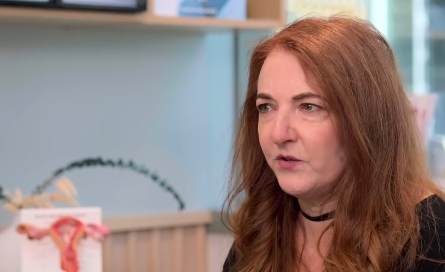Egg and Embryo Freezing
Dr Jenny Cook | Sydney Gynaecologist & Advanced Laparoscopic Surgeon
Thinking About Fertility Preservation?
As a single mother and professional, I understand that having a baby isn’t always possible when life presents competing priorities. Many women consider preserving their fertility for reasons such as:
Not yet having a partner
Career focus, especially in fields where time off impacts progression
Medical conditions like PCOS or endometriosis
Wanting to travel or pursue other goals first
Health issues making pregnancy difficult right now
Increasing the chance of having children later in life
Dr Jenny Cook on Egg Freezing

Egg Freezing
Egg freezing is a viable option for young women to preserve their fertility. It provides an empowering opportunity to take control of your future family planning.
The techniques of egg freezing have been well established for over 10 years. This is not an experimental technology — it has been refined and is now widely used. A decade ago, only a small number of women were choosing to freeze eggs, but today many more are taking advantage of this option. It is always a joy to see babies born after a woman has made the decision to preserve her fertility in this way.
It is important to note, however, that egg freezing is not a guarantee of pregnancy. The success of egg freezing depends strongly on the woman’s age at the time of freezing. Women in their 30s may need to consider undergoing two cycles of egg freezing to achieve the best chance of success.
The Process
Egg freezing involves the first two weeks of an IVF cycle. Once the eggs are collected, they are frozen and stored until you are ready to use them — even if this is many years later. When the time comes, we will meet again to plan the next steps:
The eggs are thawed
They are fertilised with either a partner’s sperm or donor sperm
The fertilised eggs are stored as embryos
The embryo is then transferred into your uterus at the right time of the month
Embryo Freezing
In some cases, women or couples may prefer to freeze embryos instead of eggs. This means the eggs are fertilised and then stored as embryos.
Embryo freezing may be suitable for:
Heterosexual couples who wish to delay having a baby
Same-sex couples who are using donor sperm
The main advantage of embryo freezing is that the pregnancy rates are slightly higher compared to freezing eggs. In addition, storing embryos provides more information about the quality of the eggs.
However, some couples may have ethical concerns about storing embryos. These are important issues that I will discuss with you in detail so that you can make the decision that feels right for your personal circumstances and future family planning.
